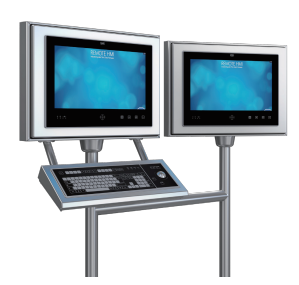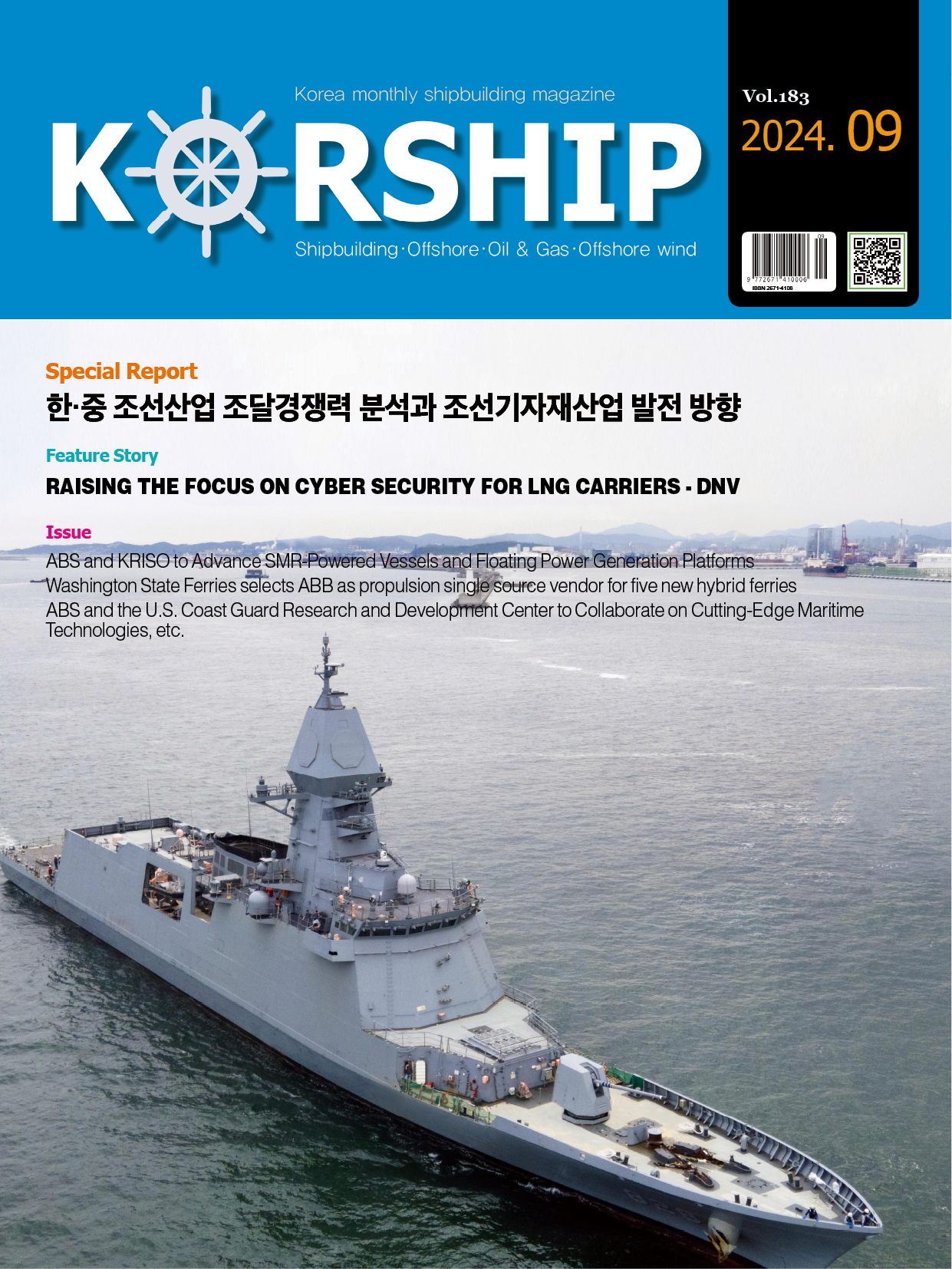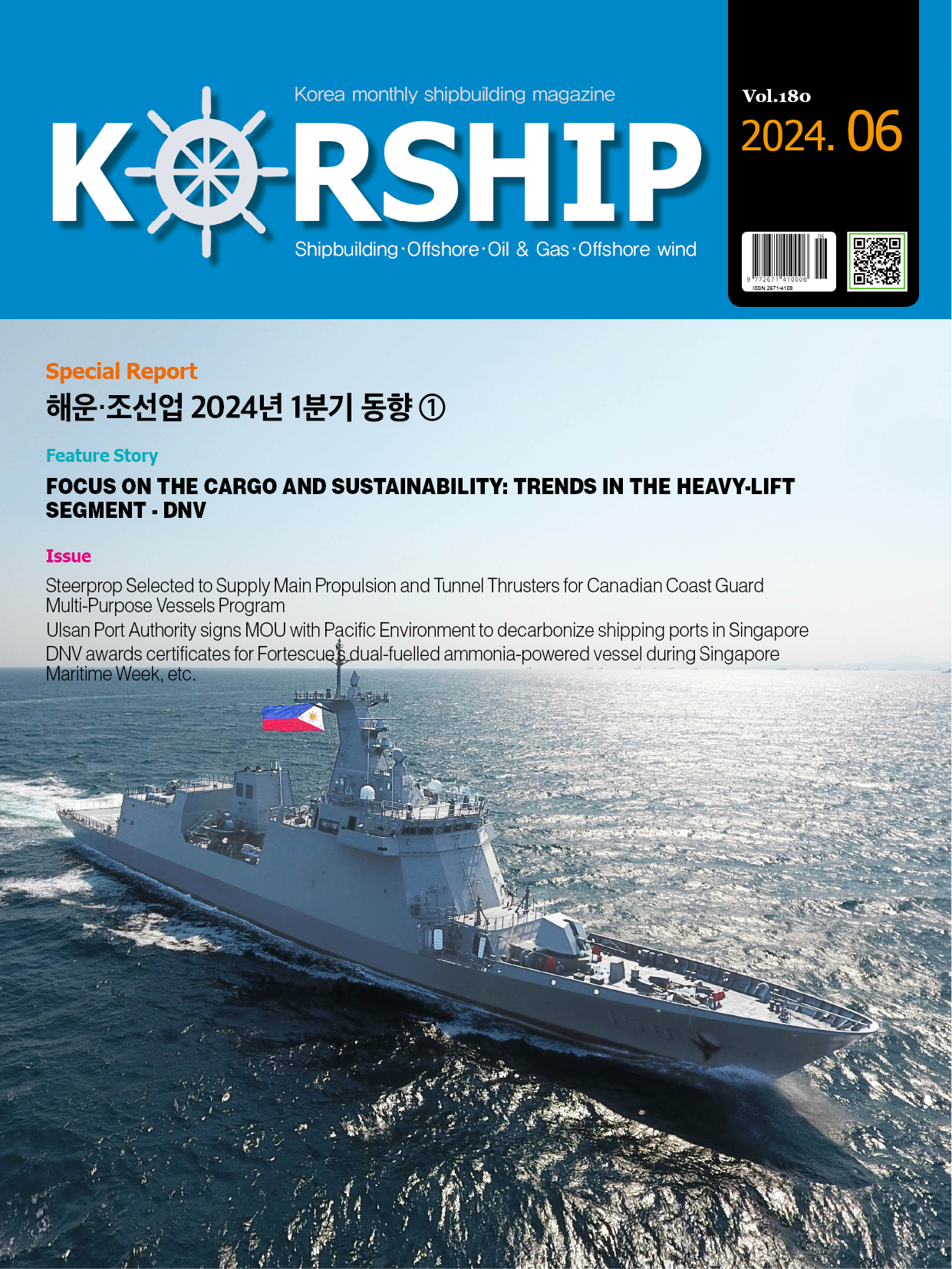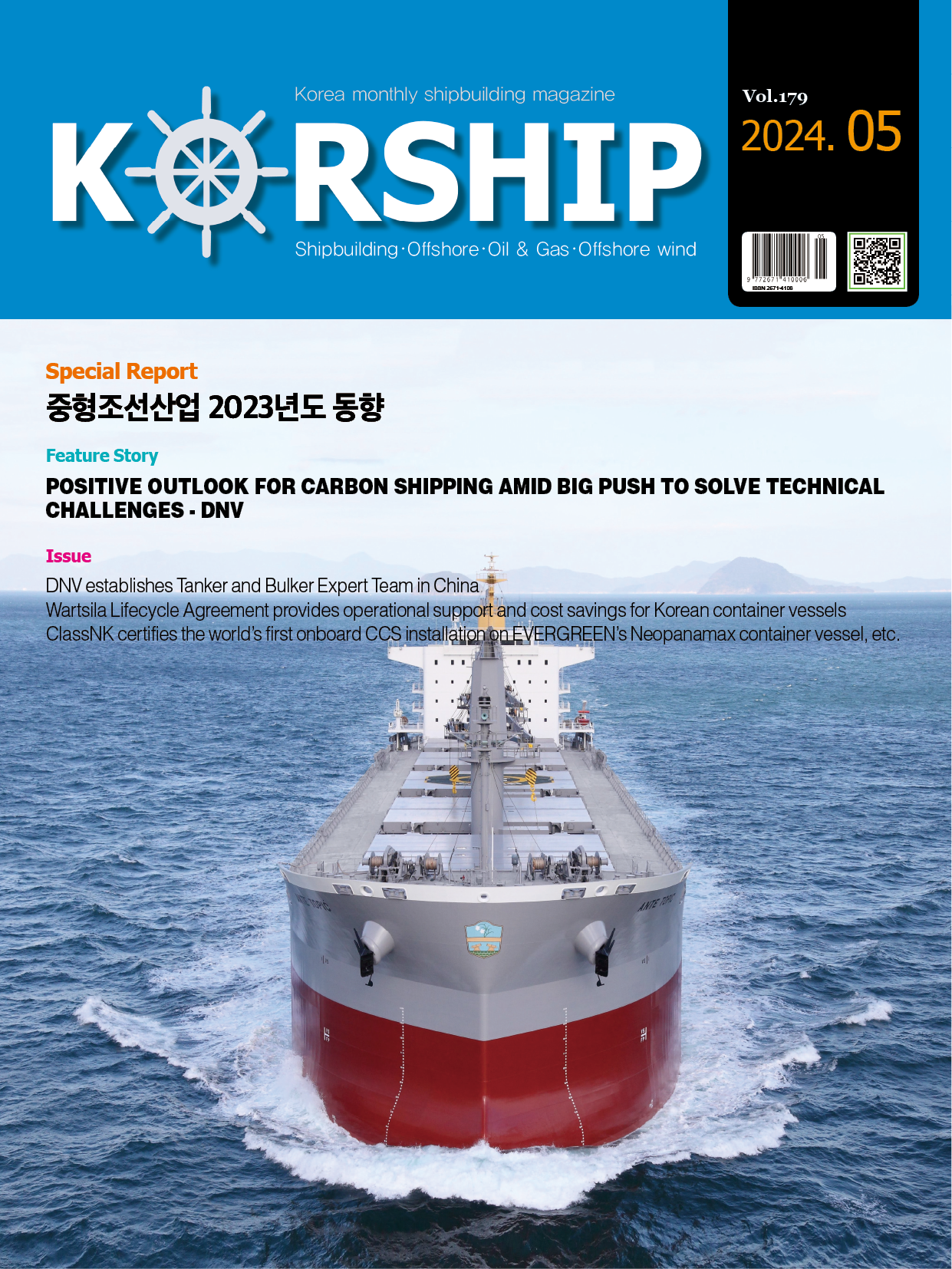Feature Story MODULAR HMI SYSTEMS MAKE INVESTMENTS MORE FUTURE-PROOF AND REDUCE LIFE…
페이지 정보
작성자 최고관리자 댓글 0건 조회 923회 작성일 24-05-14 19:13본문

System automation is caught between the demands of long-term investments and ever-shorter IT life cycles. Costs can spiral when the update of old hardware and software leads to production downtime. With the new ORCA series operating devices, we come up with a particularly clever solution to this dilemma.
A serious charge: the update to Windows 11 means that millions of functioning computers have to be scrapped – is this planned obsolescence to boost the hardware business? "Obsolescence" describes the process of products becoming outdated and no longer useful, with "software-based obsolescence" describing the process of IT devices becoming obsolete due to their inability to run new software versions. Often, users wonder whether this obsolescence was built in by the manufacturer or whether it is due to genuine technical reasons.
A prominent example of such planned obsolescence, intended to shorten replacement cycles, is the Phoebus cartel: early last century, manufacturers worldwide got together to halve the life-expectancy of incandescent lamps to 1,000 hours, boosting the sale of new lamps in the process. This scheme was exposed in the 1950ies. Time and again, manufacturers of inkjet printers, printer cartridges or smartphones are also under suspicion of designing their devices with a limited lifespan.
Obsolescence has other forms, too: psychological obsolescence includes marketing-led incentives to replace functioning products in the fashion or the car industry. The case of Windows 11, however, is clearly a case of "technical obsolescence": ever greater security requirements such as the support of Secure Boot, Trusted Platform Module TPM 2.0 or the requirement for a 64-bit processor are part of technological progress. And this is generally also the reason for automation technology components having to be replaced in industrial facilities: either the need for increased productivity, new security requirements or the fact that spare parts are no longer available.
Where office IT is concerned, we have long become used to having to replace laptops or desktop PCs after only a few years, which, in the light of sustainability, is becoming less and less acceptable. According to estimates by Global E-Waste Monitor the amount of electronic goods being scrapped each year will grow from 53.6 million tonnes in 2020 to 74 million tonnes in 2030.
The lifecycle of IT products in an industrial environment is generally much longer. Industrial PCs, for example, are designed with a lifecycle of 5 to 20 years. Devices for operating and monitoring systems(HMI) are generally used for between 5 to 10 years.
Although the cost of industrial PCs and HMI is substantially higher than for devices in an office environment, the investment over time usually plays a minor role. More important is the cost of energy and maintenance during operation, for example – especially for devices operating in the challenging environments of the(petro-)chemical and pharmaceutical industries. Replacing an HMI in a hazardous area or in a cleanroom not only poses quite a challenge to the operator, but usually also entails costly downtimes.
MODULAR CONCEPT ENSURES SUSTAINABILITY
R. STAHL's modular approach for the latest generation ORCA HMIs is new: individual components of the devices, such as the electronics box or the display box, can be replaced separately. This is of particular advantage in terms of sustainability and future-proof investment. Unlike classic HMI devices which have to be returned to the manufacturer for repair, the modular ORCA devices can be replaced by the operator's staff themselves. In hazardous areas, appropriately instructed staff can carry out the replacement. Machine manufacturers can use the modular design to provide their customers with a fully pre-configured computing unit in the case of hardware updates or repairs. This saves time and money.
To meet the requirements of explosion protection, HMI devices are usually encapsulated, rendering them unrepairable. Instead of the classic encapsulation compound, the ORCA devices use glass pearls that can be easily removed if the device needs to be repaired. Individual components can thus be repaired or replaced by the manufacturer. This also means that our ORCA devices meet the EU's new battery regulation(BATT2), stipulating that batteries must in future be easily replaceable. Finally, the components can be disposed of part by part at the end of the devices' lifecycle.
THIN CLIENT DESIGN MEANS DURABLE AND ECONOMICAL HMIS
Another aspect with regard to future-proof investment and sustainability is the Thin Client design of the ORCA HMIs: Thin Clients need less energy than classic PCs since most computing and storage is done by a central server. Another side-effect of their lower computing power is that they are under less thermic strain, resulting in a longer service life. Because logistics processes and data storage take place at the central server, many IT risks are immaterial for the on-site operator station, so that the operator's IT specialists can focus on security measures for the server.
R. STAHL is using the proprietary Remote HMI firmware for its Thin Clients. It has been designed as a closed system and is based on the Microsoft Windows 10 Enterprise 2019 LTSC operating system. LTSC stands for "Long Term Servicing Channel", an update channel through which the company guarantees a 10-year long support with security updates. This updatability guarantees a future-proof investment for a minimum of 15 years. Compared to classic operating systems, the modular design saves about half the investment costs during this time.
A decisive factor for long-term use is the modular design: Thin Client (E-Box) and display box (D-Box) can be easily disconnected, with no cables involved, making replacements that might be needed for a more powerful system easy and simple. Since this can be done by the operator's staff, downtimes are kept to a minimum. It just goes to show: low lifecycle cost, sustainability and future-proof investment need not be mutually exclusive.
■ Contact: R. STAHL www.r-stahl.com
- 이전글Hydrostatic level measurement of buffer tanks in a brewery 24.05.14
- 다음글CO2 Offshore Direct Injection -JIP 24.05.14












